Home>Garden Essentials>How Long For Bok Choy To Germinate
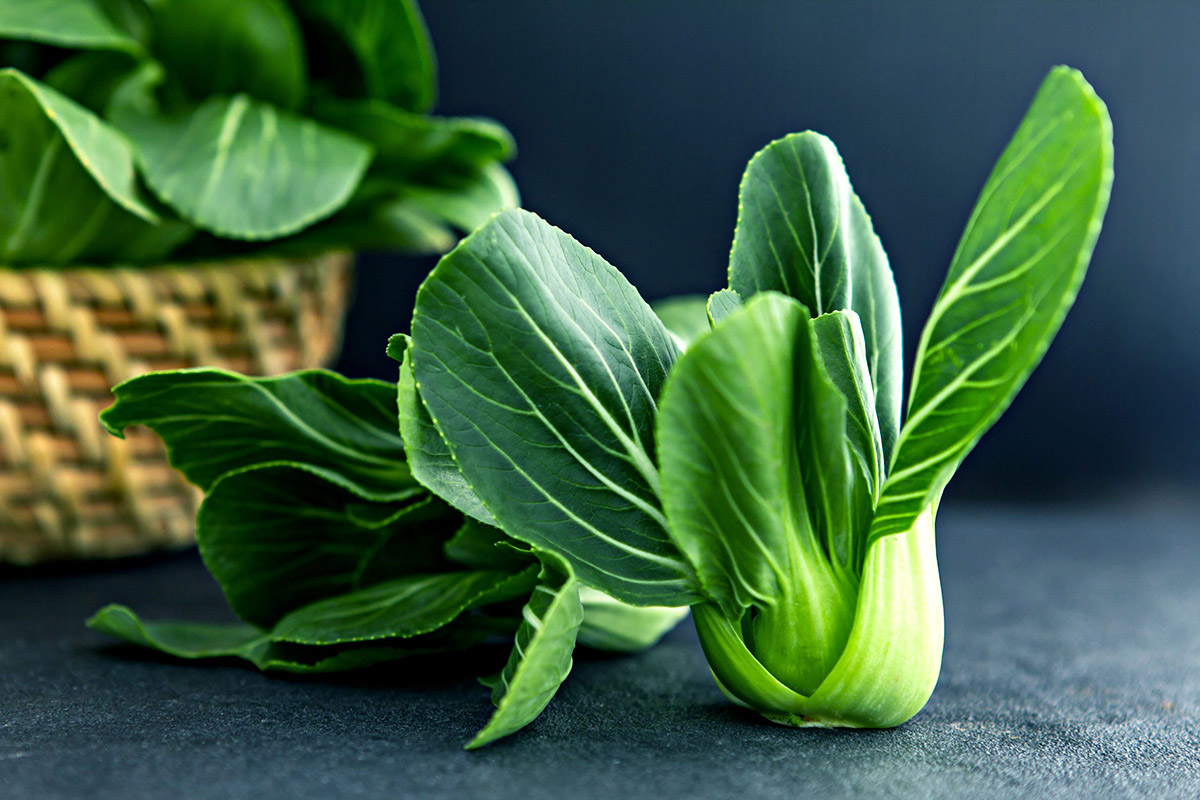

Garden Essentials
How Long For Bok Choy To Germinate
Modified: March 21, 2024
Learn how long it takes for bok choy seeds to germinate in your garden. Discover the ideal conditions for successful growth and cultivation.
(Many of the links in this article redirect to a specific reviewed product. Your purchase of these products through affiliate links helps to generate commission for Storables.com, at no extra cost. Learn more)
Introduction
Gardening can be an incredibly rewarding experience, filled with the joy of nurturing plants from the very beginning. If you’re planning to grow bok choy, also known as Chinese cabbage, it’s important to understand the germination process. Germination is the stage when a seed transforms into a seedling, ready to sprout and emerge from the soil. Knowing how long it takes for bok choy seeds to germinate is crucial for planning your gardening timeline and ensuring successful growth.
Bok choy belongs to the Brassicaceae family and is native to East Asia. It is popular for its crisp texture and mild flavor, making it a versatile and nutritious addition to stir-fries, salads, and soups. Growing bok choy in your garden allows you to enjoy the freshness and quality of homegrown produce while having the satisfaction of cultivating your own food.
But just how long does it take for bok choy seeds to germinate? Well, several factors can influence the germination time of bok choy, including temperature, moisture, soil quality, and seed viability. Understanding these factors will help you create optimal conditions for successful germination and healthy plant growth.
In general, bok choy seeds can take anywhere from 5 to 10 days to germinate. However, it’s important to note that this is just an average estimation, and the actual germination time can vary depending on various factors. Let’s take a closer look at some of the key factors that can affect the germination of bok choy seeds.
Key Takeaways:
- Bok choy seeds typically take 5 to 10 days to sprout, but factors like temperature and moisture can affect germination time. Providing optimal conditions can speed up the process.
- To speed up bok choy germination, pre-soak seeds, maintain ideal temperature, use a seedling mix, keep soil moist, and provide adequate light. Address common issues for successful germination.
Read more: How To Store Bok Choy
Factors Affecting Bok Choy Germination
When it comes to bok choy germination, several factors play a crucial role in determining the success rate and time it takes for the seeds to sprout. Understanding these factors will help you create the ideal conditions for bok choy seed germination. Here are some of the key factors to consider:
1. Temperature: Bok choy seeds germinate best within a temperature range of 60 to 75 degrees Fahrenheit (15 to 24 degrees Celsius). Higher temperatures can encourage faster germination, while lower temperatures can delay or inhibit germination. It’s important to provide a consistent and warm environment for the seeds to optimize germination.
2. Moisture: Adequate moisture is essential for bok choy seeds to germinate. The soil should be kept consistently moist but not waterlogged. Dry conditions can prevent proper seed sprouting, while excessive moisture can lead to rot or fungal diseases. Regularly check the moisture level of the soil and adjust watering accordingly.
3. Soil Quality: The quality of the soil directly affects bok choy germination. The soil should be well-draining, loose, and rich in organic matter. A pH level between 6.0 and 7.5 is ideal for bok choy growth. Before planting, amend the soil with compost or organic matter to improve its texture and nutrient content.
4. Seed Viability: The viability of the bok choy seeds can impact the germination rate. Fresh, high-quality seeds have a higher germination rate compared to older or poor-quality seeds. It’s recommended to purchase seeds from reliable sources and store them in a cool, dry place to maintain their viability.
5. Light: Bok choy seeds do not require light to germinate. In fact, they prefer a slightly darker environment. While providing indirect sunlight or keeping the seeds in a well-lit room is fine, avoid exposing them to direct sunlight during the germination process.
6. Seed Depth: Planting bok choy seeds at the correct depth is crucial for successful germination. Bok choy seeds are relatively small, so they should be planted shallowly, about ¼ to ½ inch deep. Planting the seeds too deep can hinder their ability to sprout and emerge from the soil.
By considering and optimizing these factors, you can greatly enhance the chances of successful bok choy germination. Now, let’s delve into the average germination time for bok choy seeds and how you can speed up the process if desired.
Average Germination Time for Bok Choy
The germination time for bok choy seeds can vary depending on the specific conditions and practices you employ. On average, bok choy seeds take about 5 to 10 days to germinate, but this is just a general estimate. Keep in mind that there are several factors that can influence the germination time.
Temperature is a key factor in determining the germination time for bok choy seeds. If you provide the optimal temperature range of 60 to 75 degrees Fahrenheit (15 to 24 degrees Celsius), you can expect the seeds to germinate within the estimated timeframe. Higher temperatures can expedite germination, while lower temperatures can slow it down.
Moisture is another critical aspect of bok choy germination. The soil should be kept consistently moist throughout the germination process, but be cautious not to overwater as this can lead to issues like rot or fungal diseases. It’s crucial to strike a balance by providing enough moisture for the seeds to germinate effectively.
Seed viability is also essential for determining germination time. Fresh, high-quality bok choy seeds have a higher germination rate and are more likely to sprout within the expected timeframe. Be sure to purchase your seeds from reputable sources and check the expiration date to ensure optimal seed viability.
Additionally, taking into account the depth at which you plant the seeds can impact germination time. Bok choy seeds should be planted relatively shallow, about ¼ to ½ inch deep. Planting them too deep may delay their emergence from the soil and extend the germination period.
To track the progress of germination, it’s helpful to keep a close eye on your bok choy seeds. Once you’ve sown them, monitor the soil moisture, temperature, and other environmental conditions regularly. By doing so, you’ll have a better understanding of how long it takes for your bok choy seeds to germinate in your specific growing conditions.
Now, let’s explore some tips for speeding up bok choy germination if you’re eager to see those sprouts emerge even faster.
Bok choy seeds typically germinate within 7-14 days when planted in well-draining soil and kept consistently moist. Keep the soil temperature around 70-75°F for best results.
Tips for Speeding up Bok Choy Germination
If you’re eager to see your bok choy seeds sprout and grow into healthy seedlings as quickly as possible, there are several tips you can follow to help speed up the germination process. By implementing these strategies, you can give your bok choy seeds the best chance for quick and successful germination:
1. Pre-soak the seeds: To expedite germination, you can pre-soak your bok choy seeds before planting them. Place the seeds in a bowl of lukewarm water for 1 to 2 hours. This will help soften the seed coat and encourage faster sprouting.
2. Provide optimal temperature: Maintaining the proper temperature is crucial for quick germination. Ensure that the growing environment stays within the ideal temperature range of 60 to 75 degrees Fahrenheit (15 to 24 degrees Celsius). You can use a seedling heat mat or a warm area in your house to provide consistent warmth to the seeds.
3. Use a seedling mix: Planting your bok choy seeds in a high-quality seedling mix or a well-draining soilless medium can help create a favorable environment for quick germination. These mixes are specifically formulated to promote seedling growth and provide the necessary nutrients for a strong start.
4. Keep the soil consistently moist: Maintaining adequate moisture is essential for prompt germination. Ensure that the soil is consistently moist but not waterlogged. Mist the soil gently or use a spray bottle to keep it evenly moist. Avoid letting the soil dry out, as this can hinder germination.
5. Consider bottom watering: Instead of watering from above, try bottom watering your bok choy seeds. Place the seed containers in a tray filled with water and allow the soil to absorb the moisture from the bottom. This method helps prevent disturbance to the seeds and ensures even moisture distribution.
6. Provide adequate light: Although bok choy seeds do not require light to germinate, once they sprout, they need sufficient light for healthy growth. Place the seedlings in a well-lit area, preferably near a window where they can receive indirect sunlight or provide artificial grow lights.
7. Thin out seedlings: Once the bok choy seedlings emerge, it’s important to thin them out to give each seedling enough space to grow. Overcrowding can lead to competition for nutrients and hinder growth. Leave only the strongest and healthiest seedlings and remove the rest gently.
By incorporating these tips into your germination process, you can potentially speed up the time it takes for your bok choy seeds to sprout and thrive. Remember to monitor the progress of your seedlings closely and make any necessary adjustments to ensure their optimal growth and development. Now, let’s explore some common problems you may encounter during bok choy germination and how to troubleshoot them.
Common Problems with Bok Choy Germination
While bok choy germination is generally a straightforward process, there are a few common problems that gardeners may encounter. Being aware of these issues and knowing how to troubleshoot them can help you overcome any challenges and promote successful germination. Here are some common problems with bok choy germination:
1. Slow or uneven germination: If you notice that your bok choy seeds are taking longer than expected to germinate or if there is uneven sprouting, it could be due to inconsistent moisture levels. Ensure that you are providing adequate and consistent moisture throughout the germination process. Also, check the temperature to ensure it falls within the optimal range.
2. Rot or fungal diseases: Excessive moisture or poor drainage can lead to rot or fungal diseases in bok choy seeds. To prevent these issues, make sure the soil has good drainage and avoid overwatering. If rot or fungal diseases are already present, remove the affected seeds or seedlings and adjust the moisture levels to prevent further damage.
3. Poor seed quality: Using old or low-quality bok choy seeds can result in low germination rates or failed germination. Always choose fresh, high-quality seeds from reputable sources. Check the expiration date on the seed packet and store seeds in a cool and dry place to maintain their viability.
4. Pests and insects: Bok choy seeds can sometimes be vulnerable to pests and insects, such as aphids, slugs, or snails. These pests can damage the seeds or seedlings, affecting the germination process. Implement preventive measures, such as using organic pest control methods or creating physical barriers, to protect your bok choy seeds from these potential threats.
5. Planting depth: Planting bok choy seeds too deep can inhibit their ability to sprout and emerge from the soil. Ensure that you are planting the seeds at the correct depth, typically about ¼ to ½ inch deep. Adjust the planting depth if needed to promote better germination.
6. Lack of light: Although bok choy seeds do not require light to germinate, once they sprout, they need adequate light for healthy growth. Insufficient light can result in weak and leggy seedlings. Ensure that the seedlings are placed in a well-lit area or provide artificial grow lights if natural light is limited.
By recognizing these common problems and taking appropriate action, you can greatly improve the success rate of bok choy germination. With proper care and attention, you’ll be on your way to a flourishing crop of bok choy in no time.
Read more: How To Store Bok Choy In The Freezer
Conclusion
Germinating bok choy seeds is an exciting and essential step towards growing your own fresh and nutritious Chinese cabbage. By understanding the factors that affect germination and implementing the appropriate techniques, you can optimize the germination time and enhance the success rate of your bok choy plants.
Factors such as temperature, moisture, soil quality, seed viability, light, and seed depth play significant roles in bok choy germination. By providing the right conditions, you can expect your bok choy seeds to germinate within an average time frame of 5 to 10 days. However, it’s important to note that the actual germination time can vary based on specific circumstances.
If you’re eager to speed up the germination process, you can follow certain tips, such as pre-soaking the seeds, maintaining optimal temperature, using a seedling mix, keeping the soil consistently moist, providing adequate light, and thinning out seedlings. These strategies can help accelerate germination and promote healthy seedling growth.
Despite your best efforts, you may encounter common problems during bok choy germination, from slow or uneven sprouting to rot or fungal diseases. By identifying and addressing these issues promptly, you can overcome obstacles and ensure successful germination.
In conclusion, bok choy germination requires attention to detail and adherence to the optimal conditions. With proper care, patience, and knowledge, you can enjoy the satisfaction of watching your bok choy seeds transform into thriving seedlings, ready to be transplanted into your garden. So, roll up your sleeves and get ready to embark on a rewarding journey of growing your own bok choy!
Frequently Asked Questions about How Long For Bok Choy To Germinate
Was this page helpful?
At Storables.com, we guarantee accurate and reliable information. Our content, validated by Expert Board Contributors, is crafted following stringent Editorial Policies. We're committed to providing you with well-researched, expert-backed insights for all your informational needs.
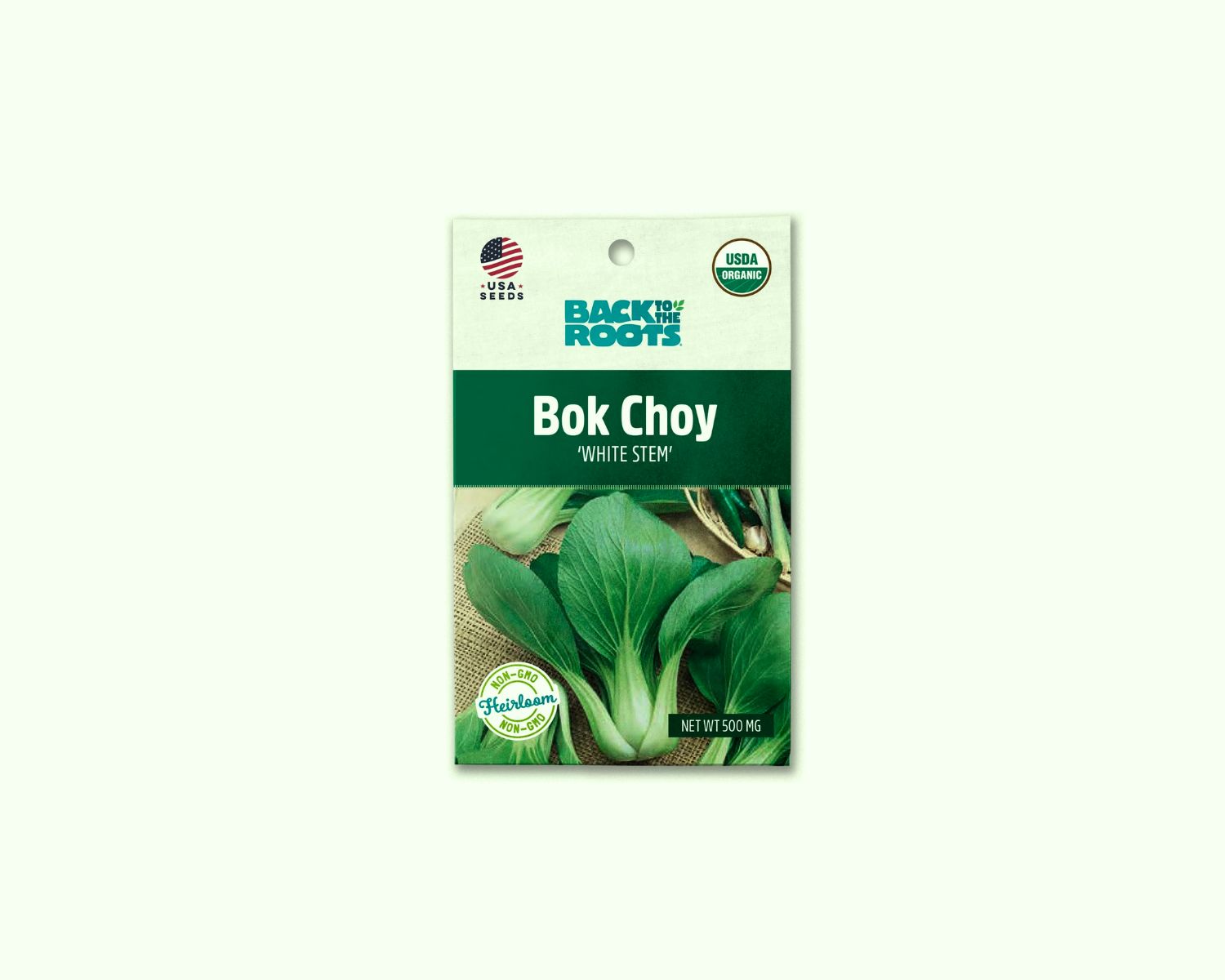
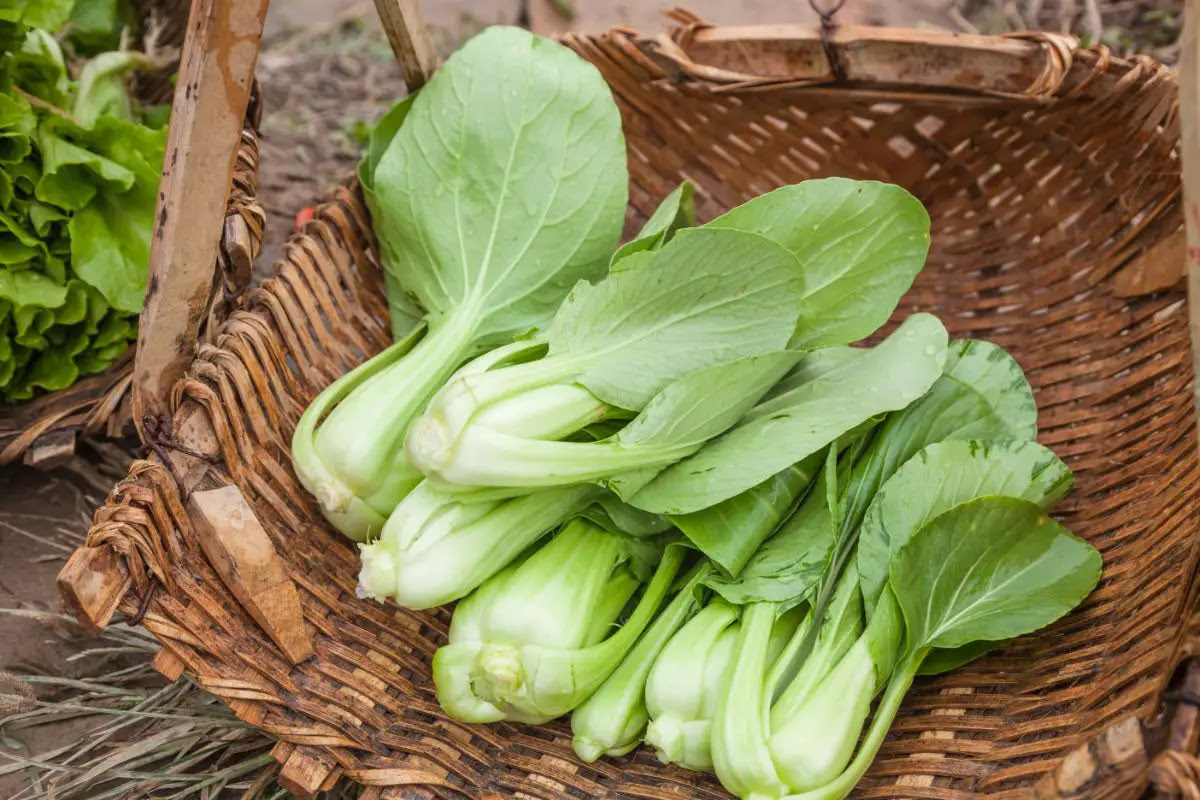
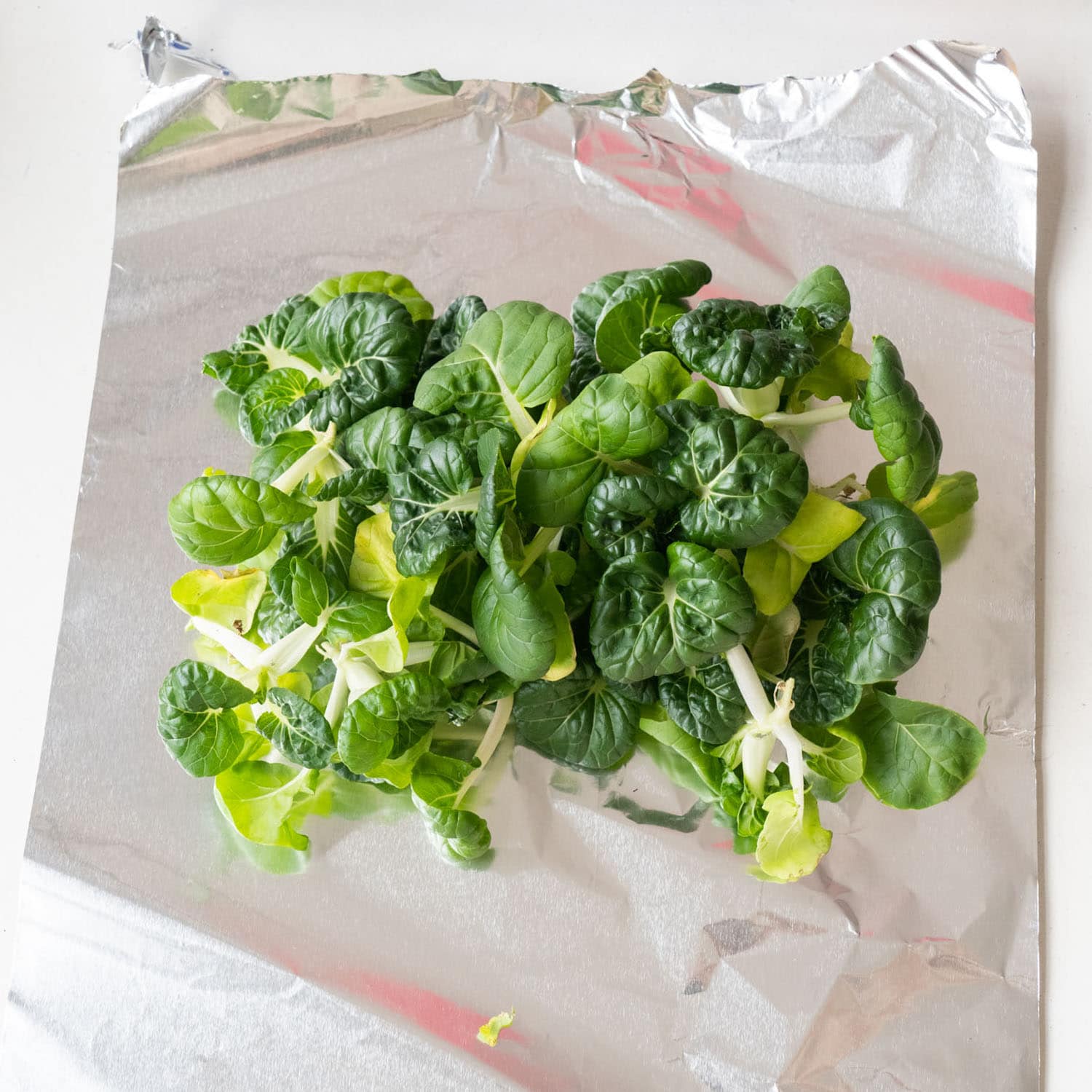
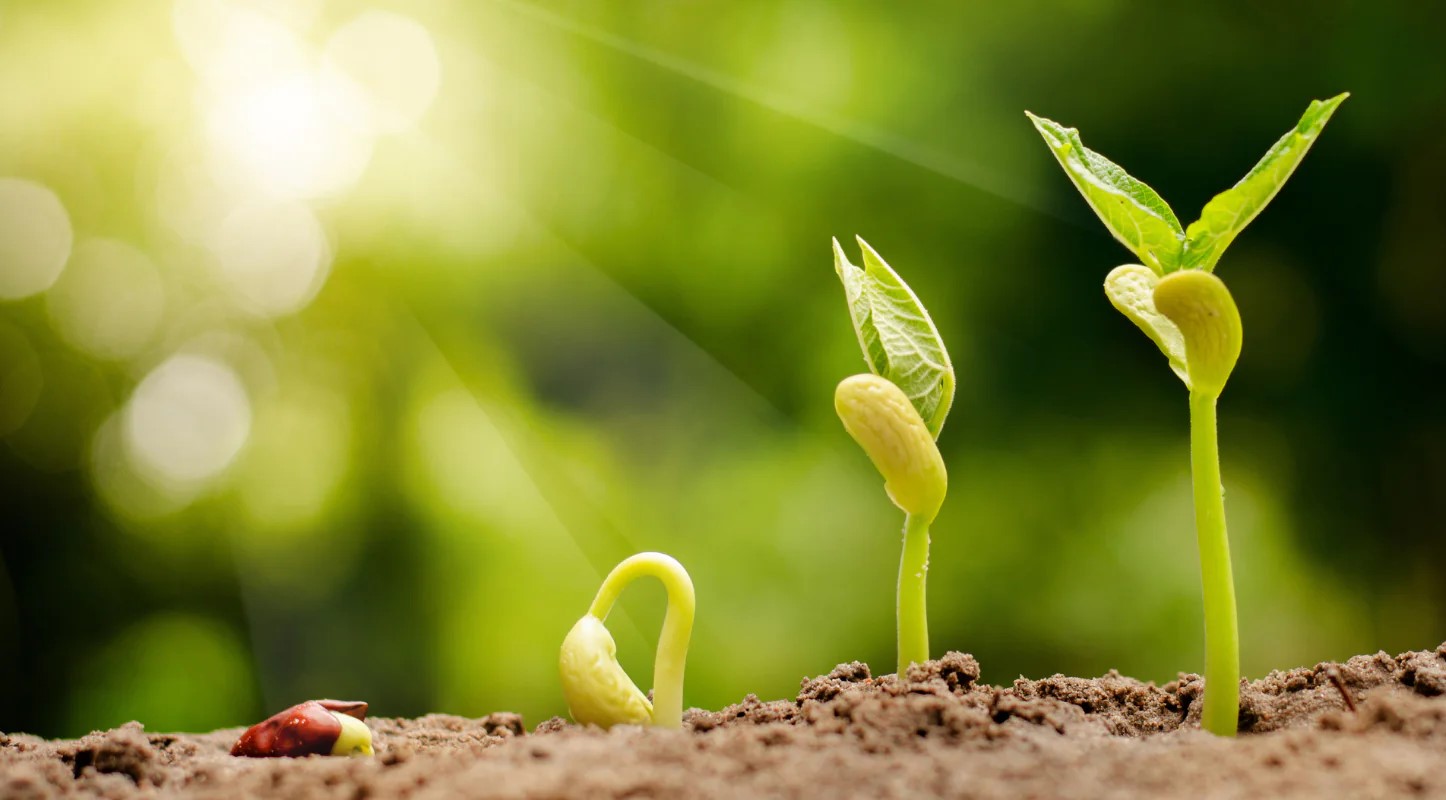
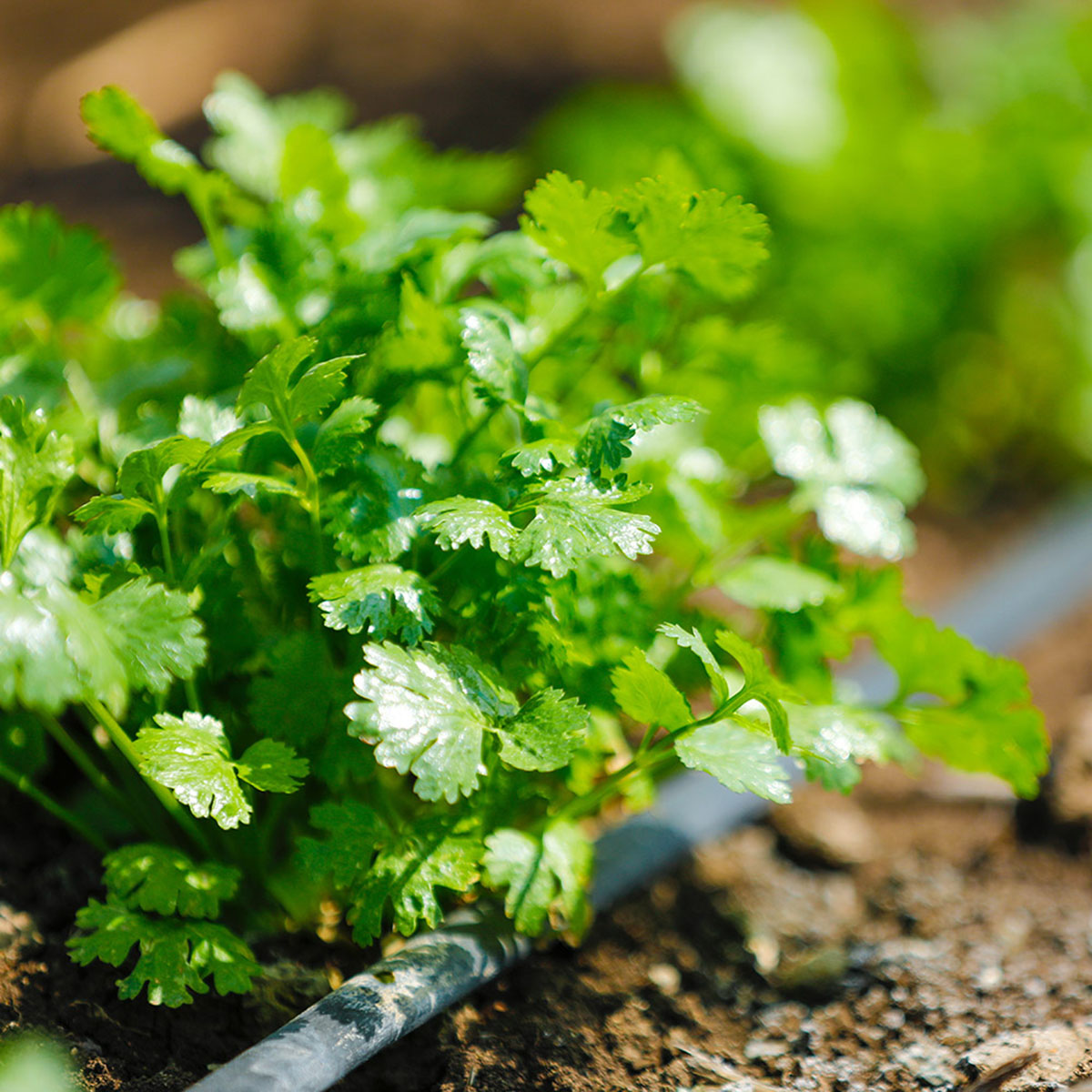
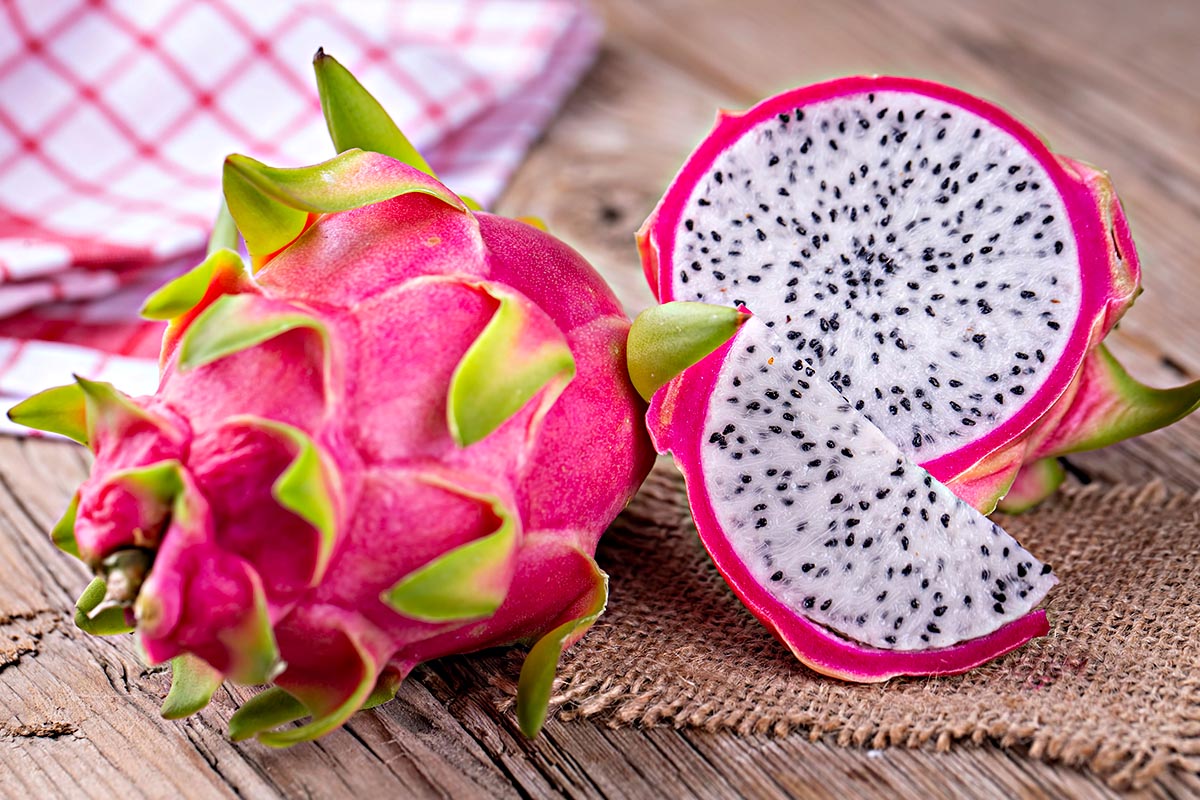
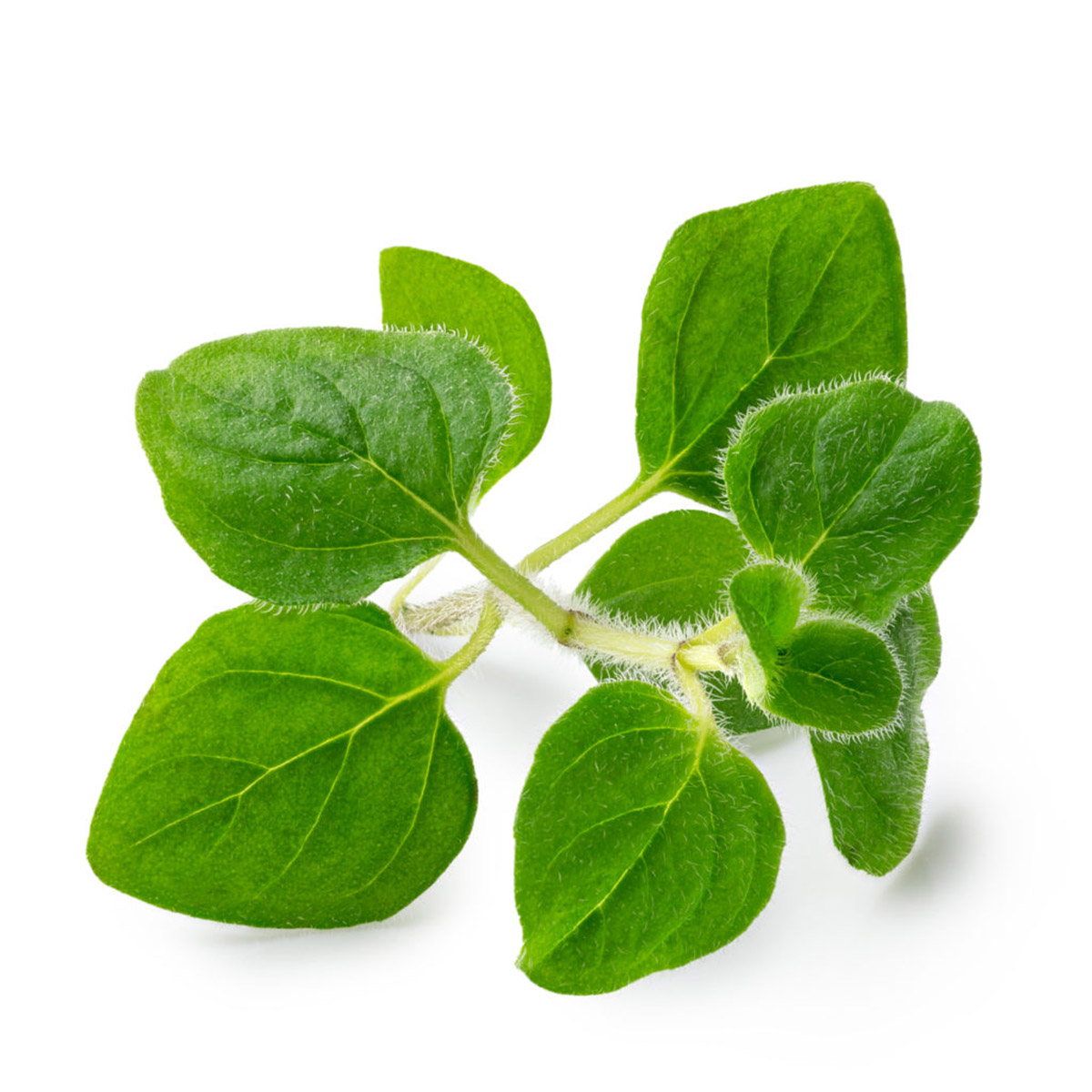
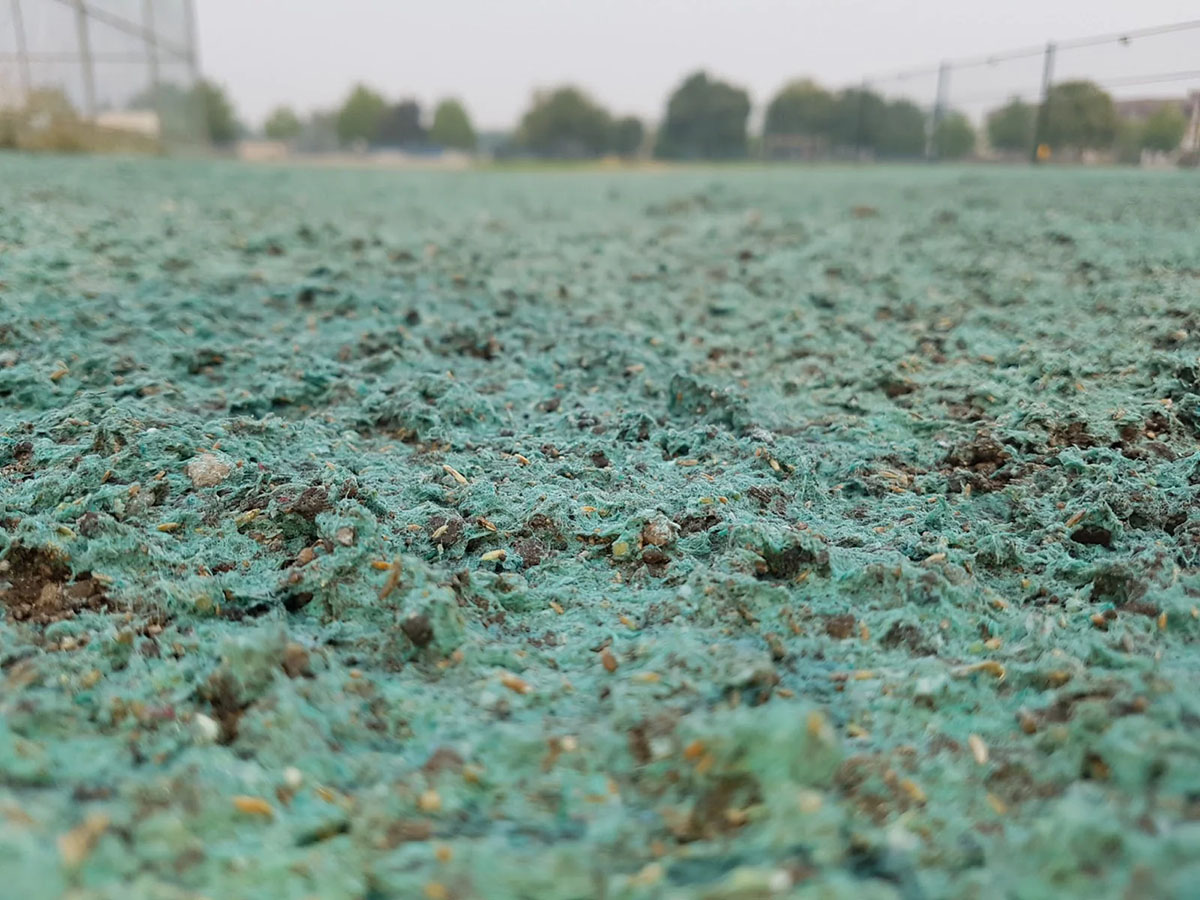
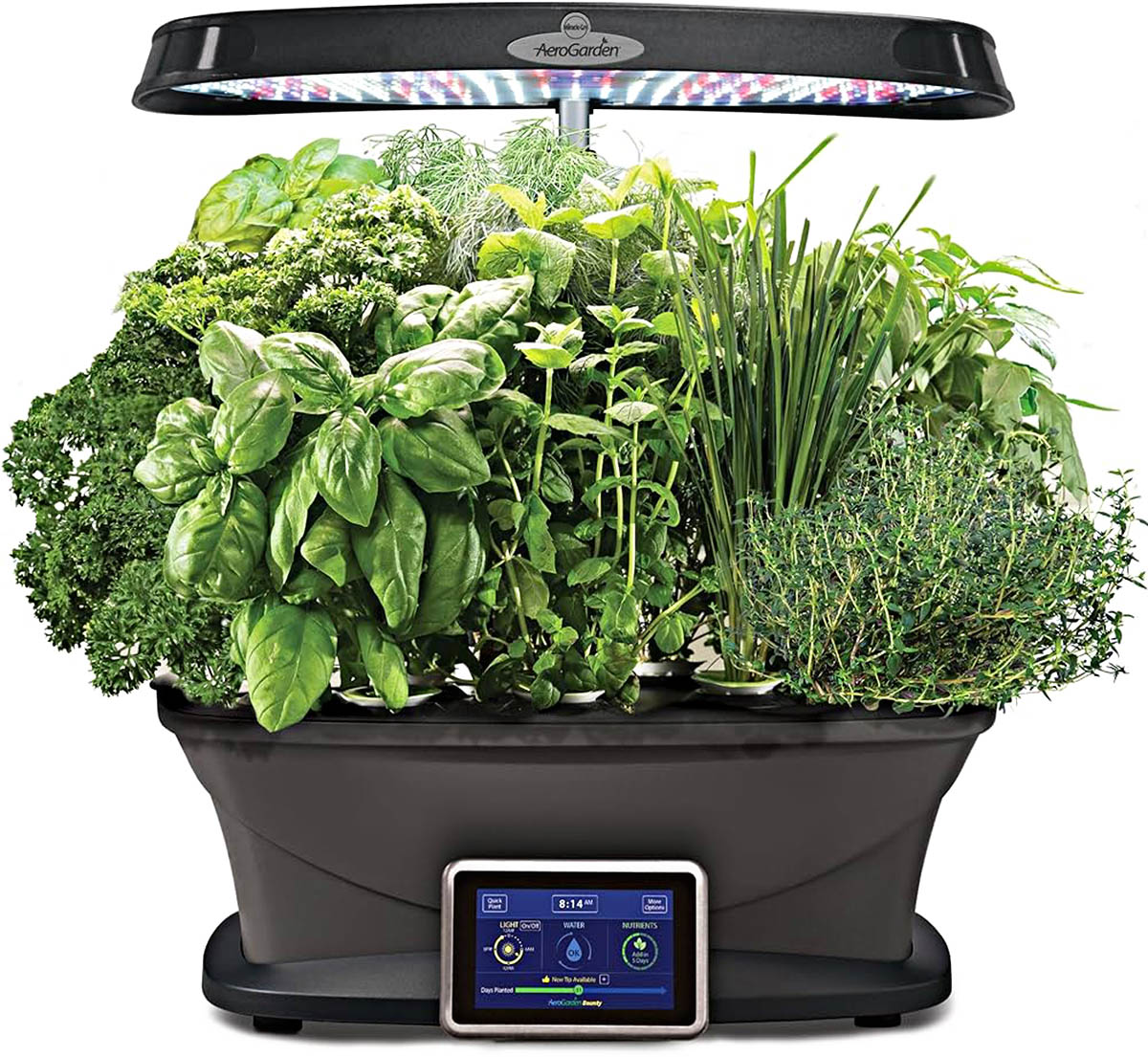
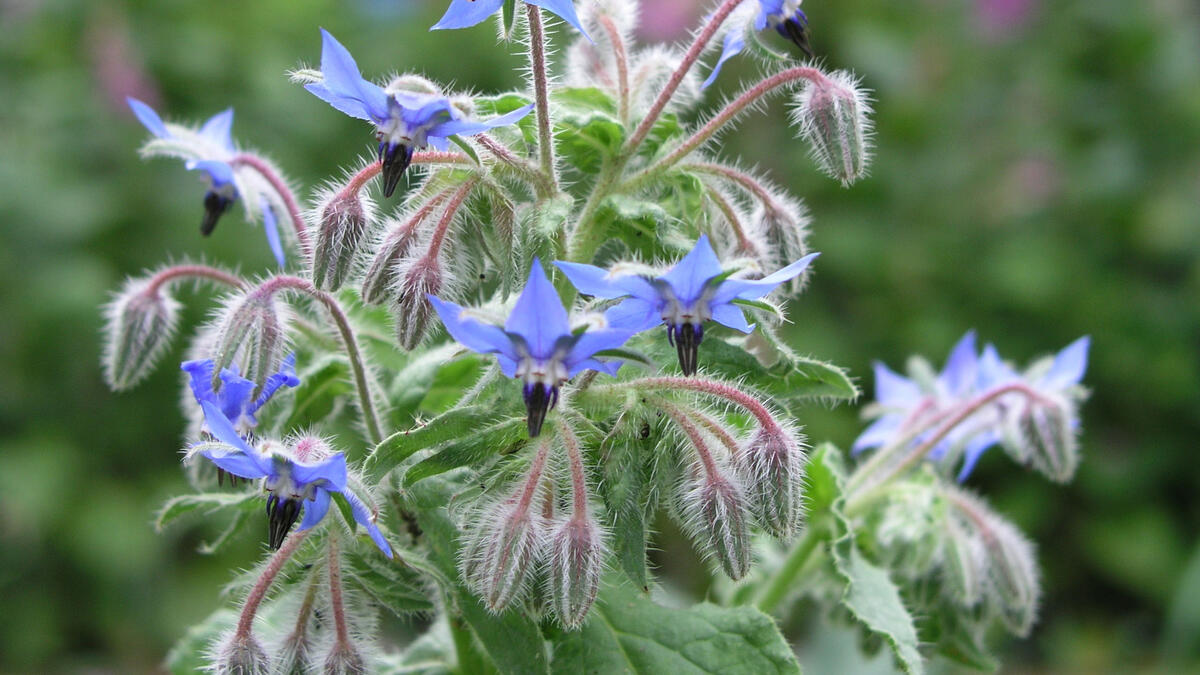

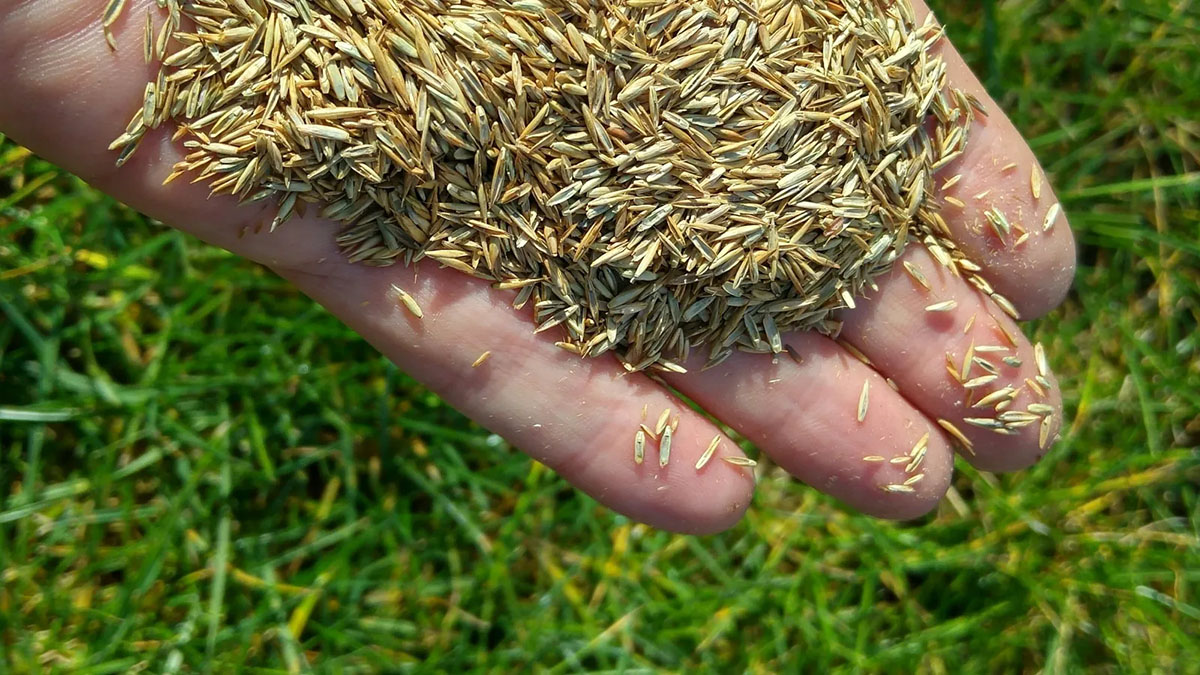
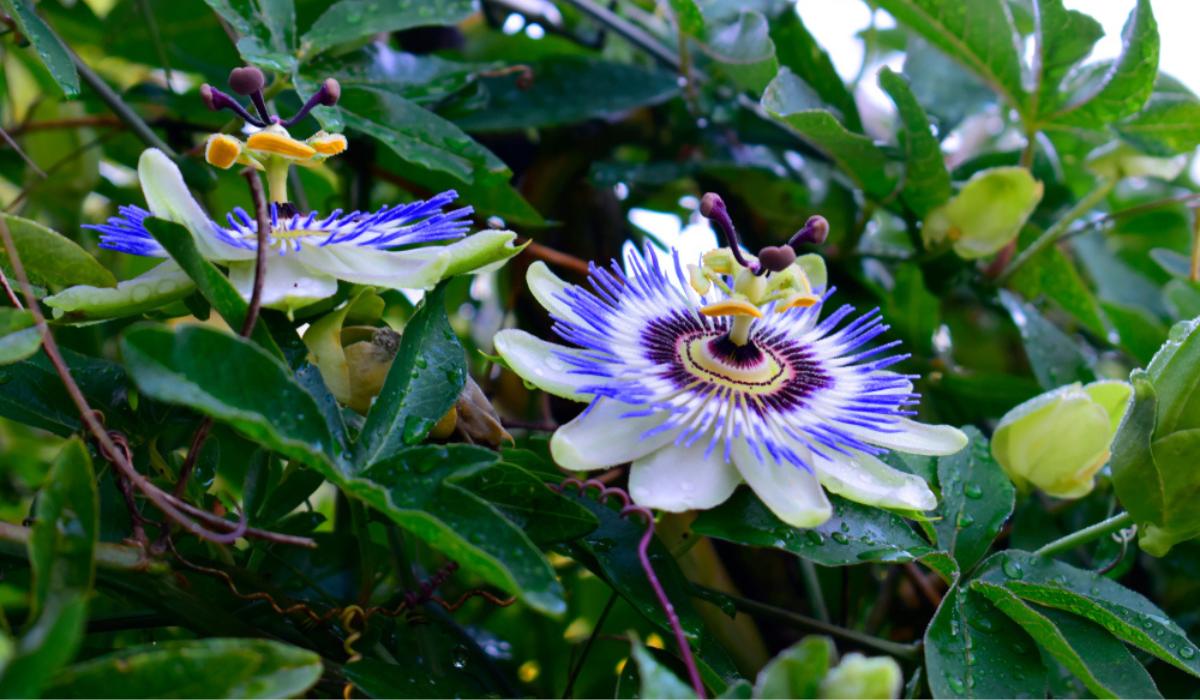
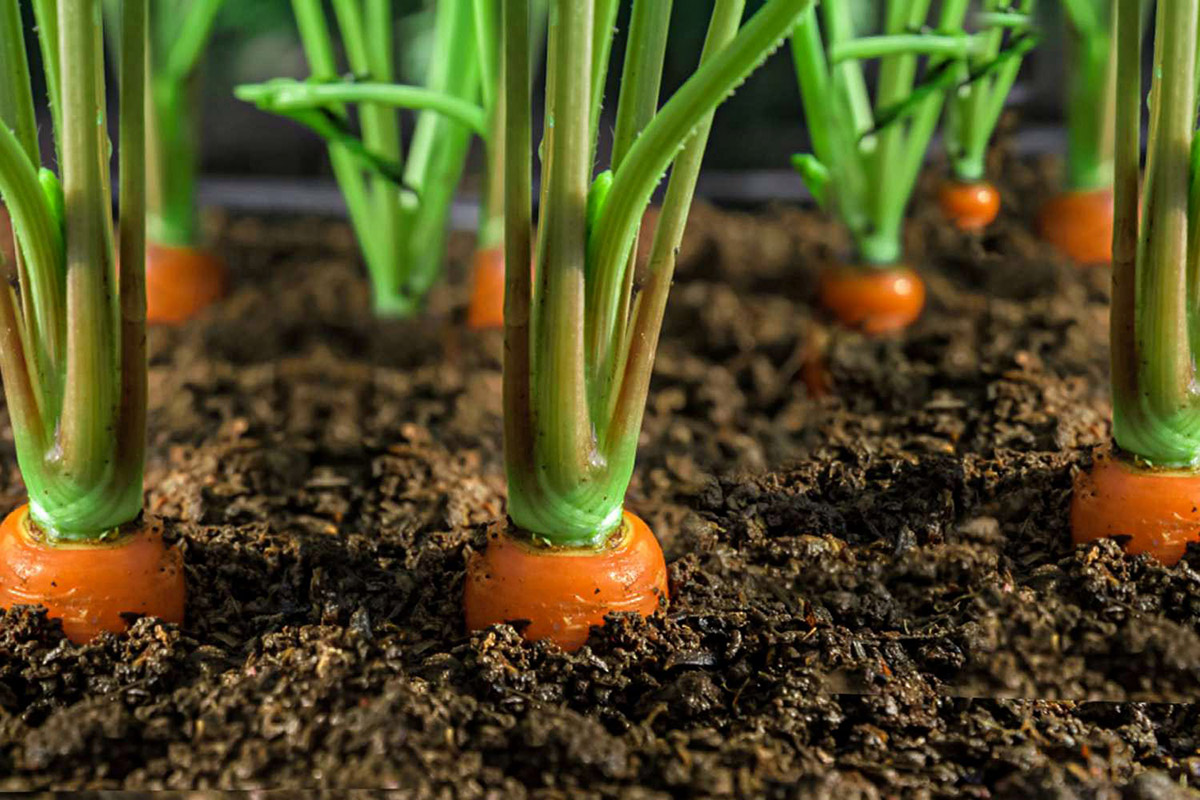

0 thoughts on “How Long For Bok Choy To Germinate”